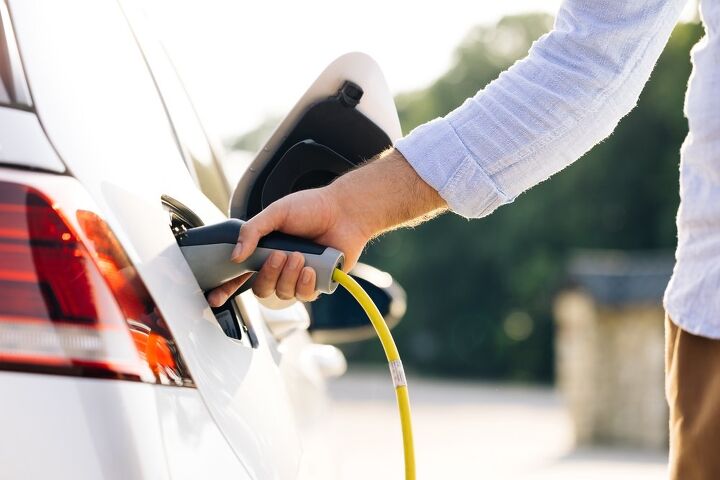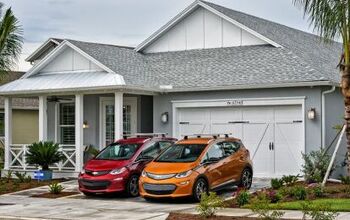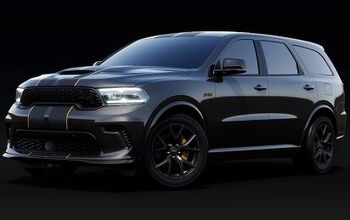Are Electric Cars Really Helping the Environment?
A recent study by the Keck School of Medicine of USC provides new insights into the potential benefits of electric vehicle (EV) adoption. The research, published in the Science of the Total Environment journal, presents the first real-world data linking EVs to reductions in air pollution and respiratory issues. This study marks a significant step in understanding the impact of electric cars on public health and the environment.
Understanding the Impact: Research Methodology
The researchers used multiple data sources to conduct their analysis. They gathered information on the total number of zero-emission vehicles (ZEVs), which include battery electric, plug-in hybrid, and hydrogen fuel cell cars, from the California Department of Motor Vehicles. The team also analyzed air pollution levels, focusing on nitrogen dioxide (NO2), and the rates of asthma-related emergency room visits across various California zip codes from 2013 to 2019.
Findings: Reduced Pollution and Health Risks
The results revealed a clear pattern: As the adoption of ZEVs increased within a zip code, there was a notable decline in local air pollution and asthma-related emergency room visits. Specifically, for every additional 20 ZEVs per 1,000 people, there was a 3.2 percent reduction in the rate of asthma-related emergency visits. Furthermore, the study showed a modest decrease in NO2 levels, a pollutant closely linked to traffic emissions.
Socioeconomic Disparities in ZEV Adoption
However, the study uncovered an adoption gap in ZEVs, with slower uptake in lower-resource areas. This gap highlights a need for policies that promote equitable access to clean transportation, particularly in communities disproportionately affected by pollution and related health issues.
Future Research and Broader Implications
While the study's findings are promising, the researchers acknowledge that more investigation is needed. Future research should explore additional pollutants, other vehicle classes, and broader environmental impacts of ZEVs, including the emissions from their production and disposal.
Conclusion
The study by the Keck School of Medicine of USC offers another case for the adoption of electric vehicles, not just for environmental reasons but also for public health benefits. It underscores the importance of considering local actions in the global fight against climate change and highlights the potential for significant health improvements through technological advancements in transportation.
This article was co-written using AI and was then heavily edited and optimized by our editorial team.
More by TTAC Staff
Latest Car Reviews
Read moreLatest Product Reviews
Read moreRecent Comments
- 2ACL If you're going to sink $13k into a tired Astro van, either finish the build or accept a very cold shower to part ways with it. As is, it looks like a crusher fugitive and sounds as if it drives like one, too.
- Tassos go for it, Tim.. what an effing MASOCHIST....
- Tassos I love the styling of all LAND ROVERS, which include both this "defender" and the "range Rovers", and I could care less if they are separate subbrands or whatever, they are all LAND ROVERS.Their styling is so iconic, even the half a million bucks Rolls Royce Cullinan looks bad by comparison. they are the ONLY really GOOD LOOKING SUVS IMHO.The above makes it a MONUMENTAL PITY that these beautiful vehicles have SUCH ATROCIOUS, not just VW ATROCIOUS, but Maserati and Alfa ATROCIOUS, Reliability.Pity!
- Tassos All of VW's EVS have been DISMAL FAILURES. They utterly lack the awesome performance and range of same priced Teslas, and now they prove to be a worthless POS like EVERY OTHER VW, reliability-wise.In the Competitive US market, the ALMIGHTY CONSUMER has PUNISHED VW AGAIN AND AGAIN for their WORTHLESS, SHODDY PRODUCTS. As with ICEs, same with EVs.
- Kjhkjlhkjhkljh kljhjkhjklhkjh wut is this ... wut ?


































Comments
Join the conversation